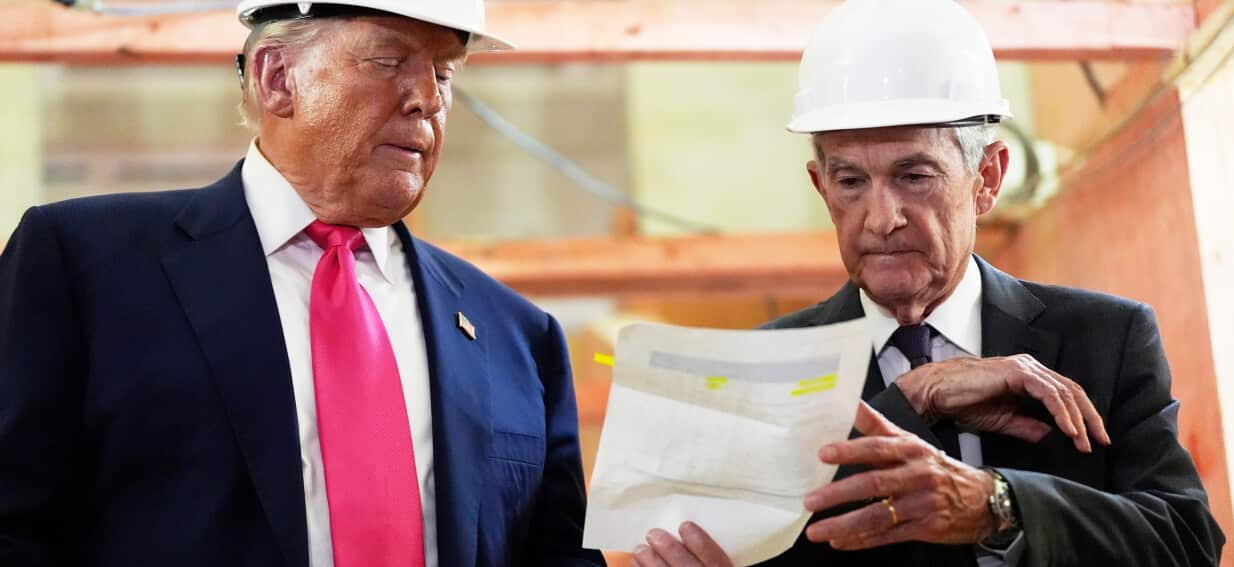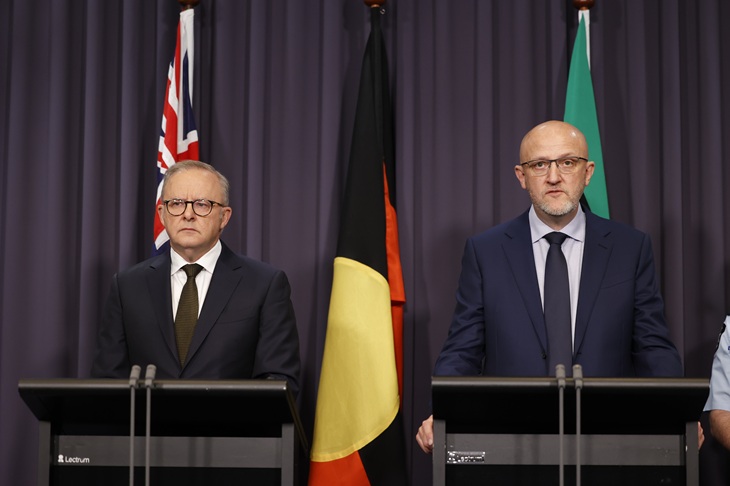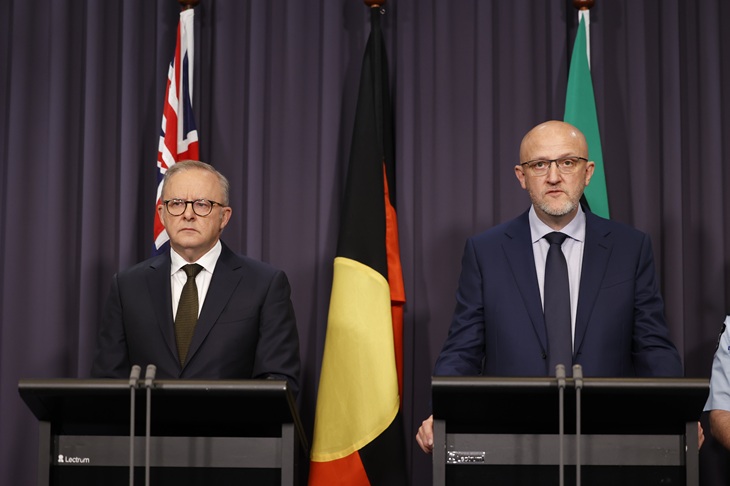
Indian Oil Corporation has acquired another cargo of U.S. West Texas Intermediate crude oil, scheduled for delivery in October 2023. This transaction, reported by Reuters, aligns with a recent trend of Indian oil imports from the United States following President Donald Trump’s warning about potential tariffs on Indian exporters if the country continues to buy Russian crude. The October shipment was priced at a premium of between $2.80 and $2.90 per barrel relative to dated Brent.
This move is significant in the context of India’s energy strategy. The threat of tariffs has prompted India to reconsider its crude oil sourcing, where Russian oil had previously surged to become a major supplier, accounting for approximately one-third of India’s total crude imports. Despite this, the Indian government has expressed its intention to maintain oil imports from Russia, highlighting that both the United States and the European Union continue to purchase energy commodities from Russia amid ongoing sanctions.
Recent Purchases and Market Dynamics
Indian Oil Corporation’s pivot to U.S. crude is evident through its recent activities. Earlier this month, the company purchased 2 million barrels of U.S. Mars crude, another 2 million barrels of Brazilian oil, and 1 million barrel of Libyan crude. These acquisitions follow a substantial agreement for 8 million barrels from sellers across the Middle East, the U.S., Canada, and Nigeria.
Despite the shift towards U.S. oil, reports indicate that tankers carrying Russian crude have continued to discharge cargo at Indian import terminals, defying the threats from the U.S. This month, approximately 3 million barrels of Russian Urals oil, a flagship grade for Asian markets, were offloaded.
Analysts suggest that completely abandoning Russian oil could significantly increase India’s import costs. Some estimates indicate a potential rise in expenses of up to $26 billion over the next two years if Russian crude is entirely excluded from the market.
The evolving landscape of global oil supply and demand reflects broader geopolitical tensions and the complexity of energy trading. As India navigates these challenges, the choices made by Indian Oil Corporation will likely play a pivotal role in shaping the country’s energy future.






